Second edition of the international Siena meeting on Latin as a vector of cultural exchange and language of science in the late Middle Ages and early modern times.
Siena, Santa Chiara Lab, 5 Sep h. 15-19, 6 Sep h. 9-18. Follows in Pisa as Roma Sinica III, 7-9 Sep.
Streaming Youtube: https://www.youtube.com/dfclam_unisiena
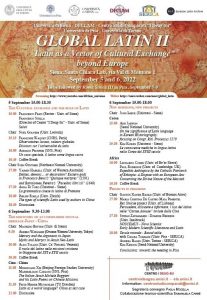
GLOBAL LATIN II, SIENA - PROGRAM
ROMA SINICA III, PISA - PROGRAM
5 September, 15.00-18.30
THE CULTURAL EXCHANGE AND THE ROLE OF LATIN
15.00 Welcome, Francesco Stella (Director of the Center "I Deug-Su" - Univ. of Siena) ABSTRACT
CHAIR: Noël Golvers (Univ. Louvain)
15.15 Françoise Waquet (CNRS, Paris), Observatoires locaux, valeurs globales. Discours sur l’universalité du latin ABSTRACT
16.00 Adriano Prosperi (SNS, Pisa), Un caso speciale, il latino come lingua sacra
16.45 Coffee Break
CHAIR Sven Günther (Northeast Normal University)
17.00 Yasmin Haskell (Univ. of Western Australia), Deities, demons... or decoration? Eastern gods in Francesco Benci’s “Quinque martyres” (1591) and Bartolomeu Pereira’s “Paceidos libri xii” (1640) ABSTRACT
17.30 Anna Di Toro (Unistrasi - Siena), La grammatica cinese in latino di Prémare ABSTRACT
18.00 Philipp Roelli (Univ. Zürich), The types of scientific Latin used by authors in China ABSTRACT
18.30 Discussion
6 September, 9.30-13.00
Francesco Frati (Rector - Univ. of Siena)
THE DISCOVERY OF AN UNEXPLORED TEXTUAL HERITAGE JAPAN-CHINA
CHAIR Maurizio Bettini (Univ. di Siena)
9.30 Akihiko Watanabe (Otsuma Women's University, Tokyo) Mercury and the Argonauts in Japan Myths and Martyrs in Jesuit Neo-Latin ABSTRACT
10.00 Aldo Tollini (Univ. Ca’ Foscari, Venezia), Il ruolo del latino nelle missioni cristiane in Giappone del XVI e XVII secolo ABSTRACT
10.30 Coffee Break
Cina - China
11.00 Mingguang Xie (Beijing Foreign Studies University), Massimiliano Carloni (ÖAW, Wien), The Italian Jesuit Michele Ruggieri and his Latin Poems on Chinese Missions ABSTRACT
11.30 Fritz-Heiner Mutschler (TU Dresden), Latin as a world language? China as test case ABSTRACT
12.00 Discussion
6 September, 15.00-18.00
NEW HORIZONS, NEW PROJECTS
CHAIR Jung Imsuk (Unistrasi - Siena)
Corea
15.00 Ahn Jaewon (Seoul National University), On the significance of Latin language in Korean Historiography: focusing on Congr. Riti. Processus 5279 PAPER
15.30 Kim Kukjin (Unistrasi - Siena), Le conoscenze mediche in lingua latina nella Corea del XVIII secolo ABSTRACT
Africa
16.00 Leonardo Cohen (Univ. of Be’er Sheva), Paul Rodrigue (Univ. of Cambridge, UK), Expeditio Aethiopica by the Catholic Patriarch of Ethiopia: A Dispute with an European Jew Concerning the Divine Nature of the Messiah ABSTRACT
16.30 Coffee Break
PROJECTS IN PROGRESS
CHAIR Gastón Xavier Basile (Univ. of Buenos Aires)
17.00 Maria Cristina De Castro Maia Pimentel, Res Sinicae project (Univ. of Lisbona), Persuadere, discutere e informare: l’uso del latino nelle “Cartae Annuae” inviate dalla Cina ABSTRACT
17.30 Stefan Zathammer - Dominik Berrens (Univ. Innsbruck), NOSCEMUS - Nova Scientia: Early Modern Scientific Literature and Latin ABSTRACT
18.00 Tavola rotonda - Round table, with Chiara Tommasi (Univ. Pisa - SERICA), Andrea Balbo (Univ. Torino - SERICA), Kim Kihoon (Seoul National University)
Conclusions: towards the meeting in Pisa
See also:
- Global Latin. Exploratory workshop, January 31 - February 1, 2019
- Eurasian Latin Archive
- SERICA Project
Press:
- Federica Argento, "Secolo d'Italia", 1 settembre 2022
- Il latino come strumento di dialogo intellettuale, "Siena News", 2 settembre 2022
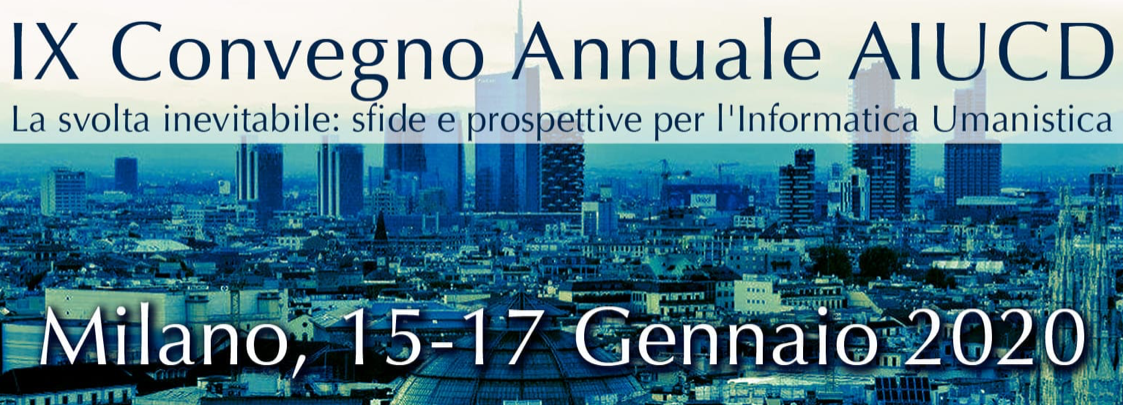
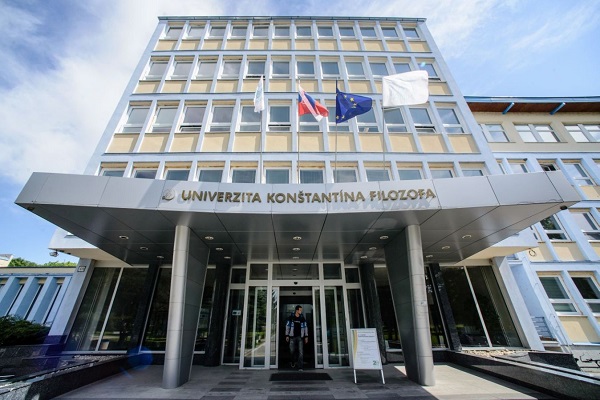
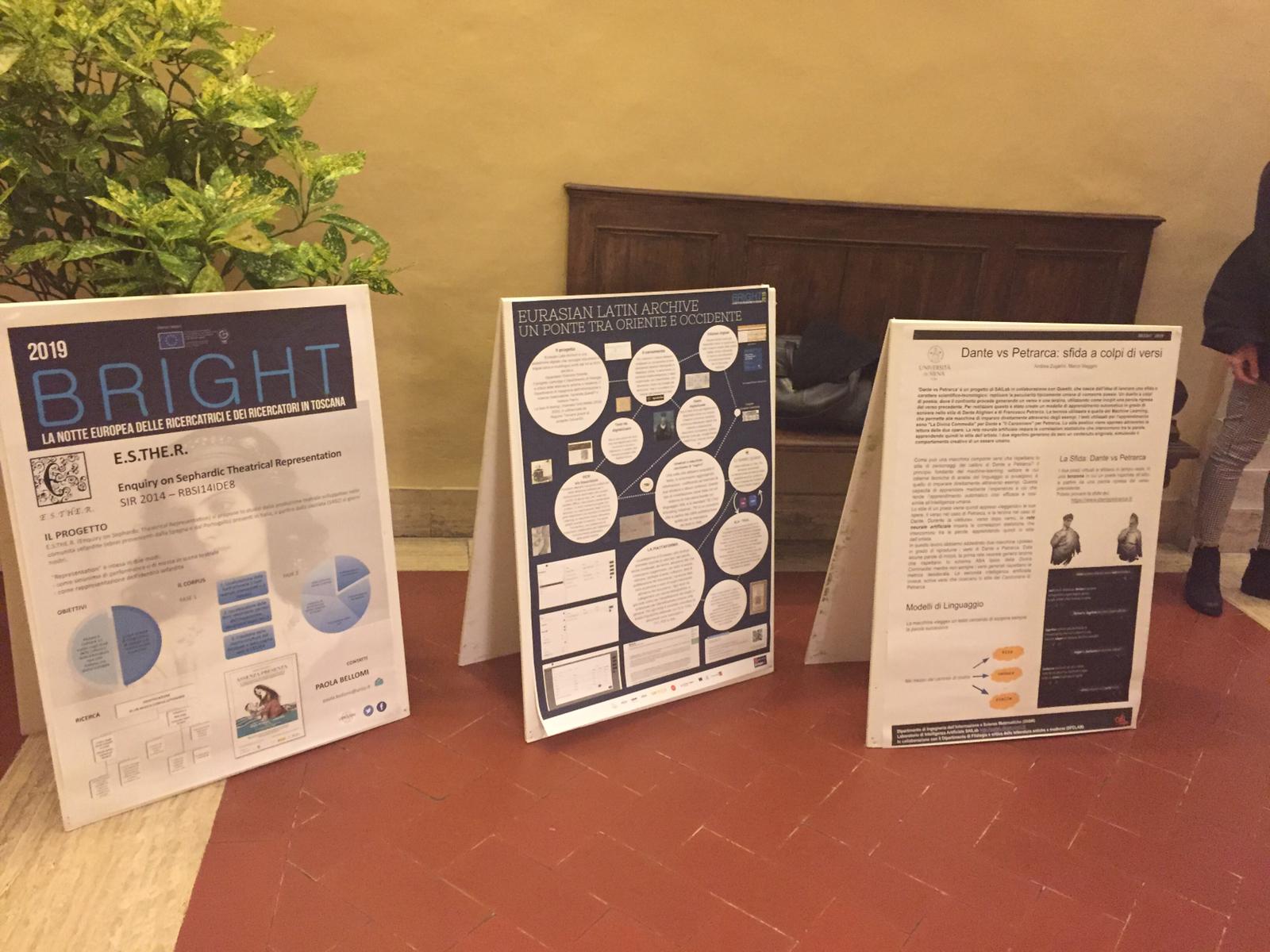
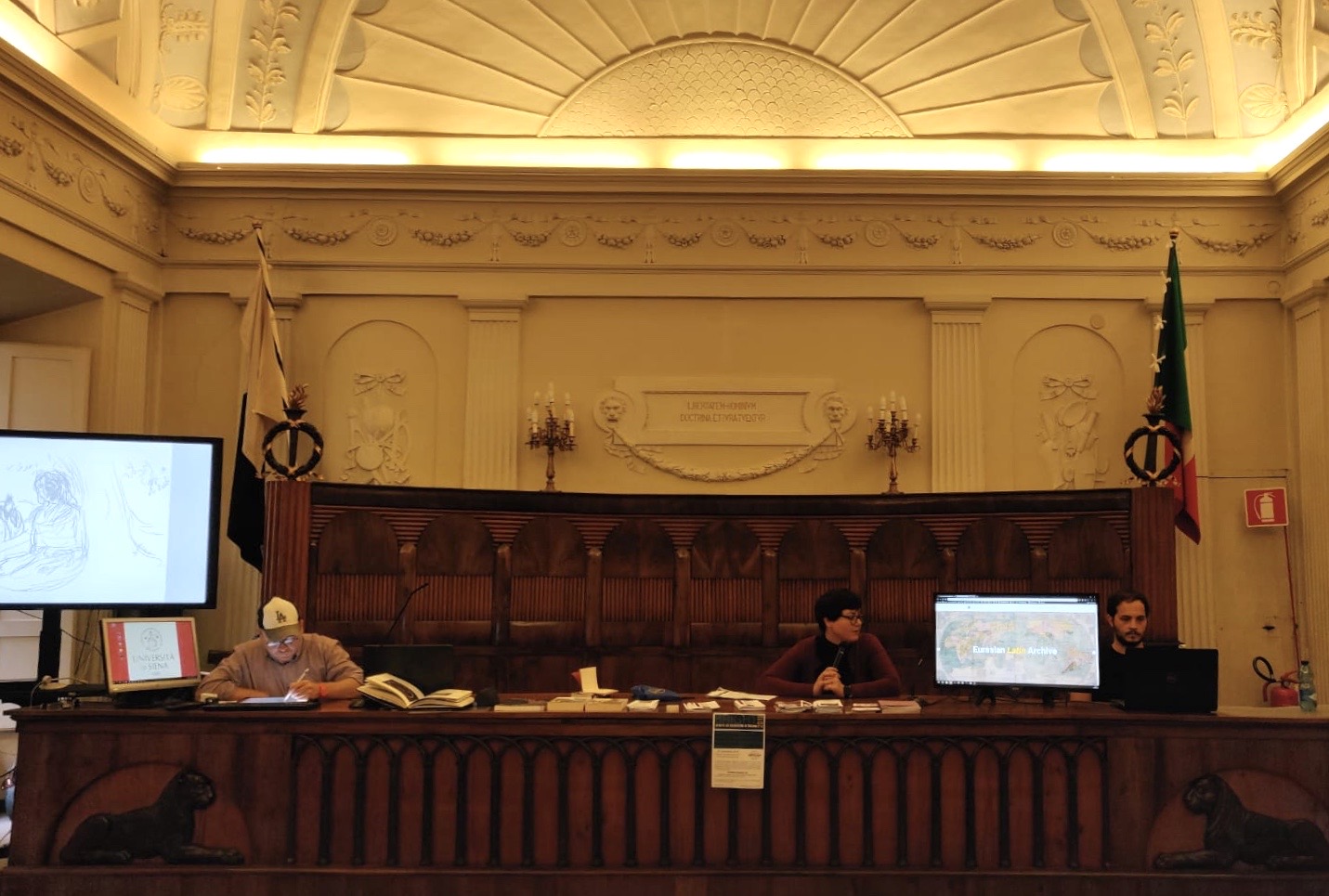
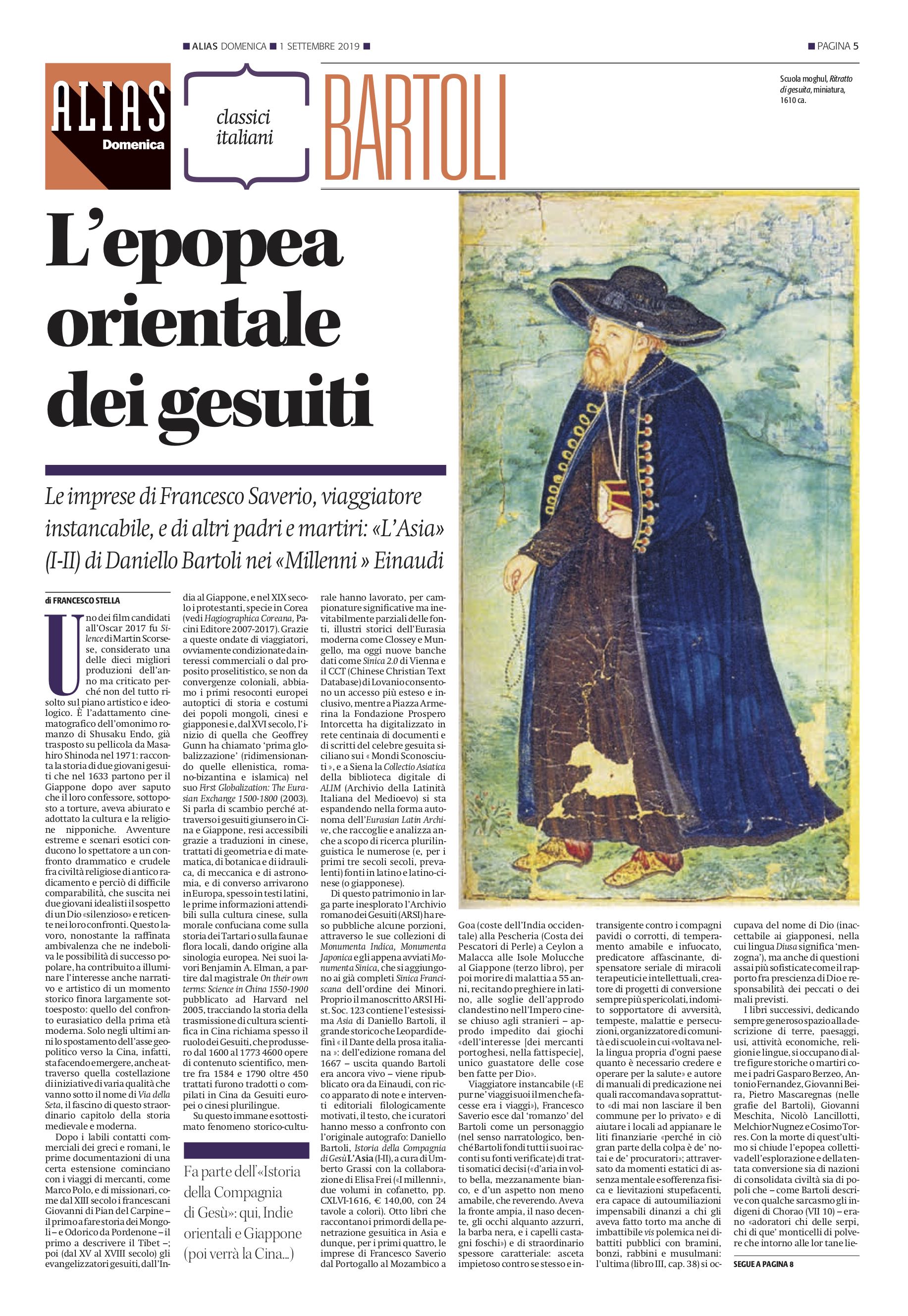
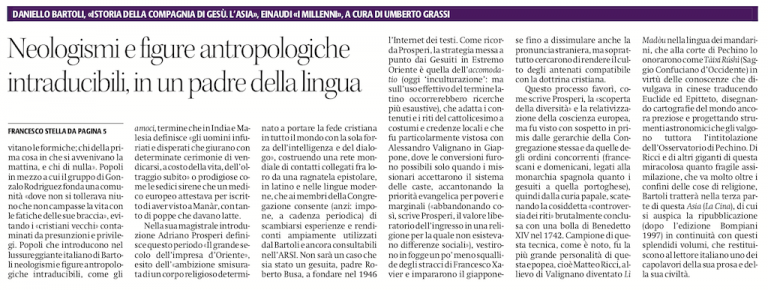
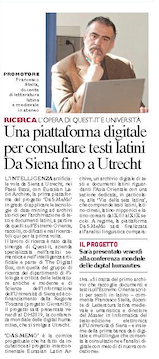
Recent Comments